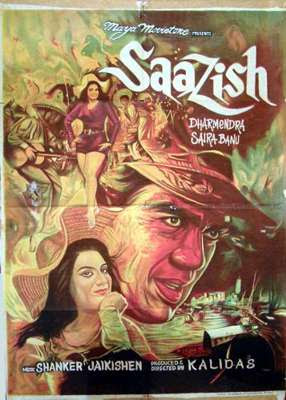
Comment aborder un groupe aussi artistiquement énorme que Deity Guns, à posteriori aussi indispensable pour l’histoire de la musique dans l’hexagone que le furent –et le sont encore- Sonic Youth à la musique américaine ? Simplement peut-être, en prenant conscience que ni l’un ni l’autre ne saurait se contenter d’une appartenance géographique et que c’est bien d’Art dont nous parlons.

Oui, en amont, on est bien obligé de citer les New-yorkais puisque c’est Lee Ranaldo lui-même qui a produit Trans Lines Appointments, seul et unique album de Deity Guns. On trouve, en effet, chez les Lyonnais comme chez Sonic Youth, ce même profond désir de faire table rase des conventions sonores et des options classiques à la construction d’une "chanson". Une même urgence à exprimer, avant tout, un ressenti et une pensée qui ne peuvent se résumer à un texte posé sur une structure classique de couplet/refrain. Les méandres de la souffrance, de la violence comme de la passion amoureuse, les méandres de la vie, les méandres du cerveau humain ne peuvent créer qu’une musique qui, en partant des coups reçus en plein ventre atteignent la moelle épinière pour finir par toucher le cortex cérébral. Deity Guns, dès ses débuts, a mis le doigt sur l’essentiel de la musique : l’émotion pure.

La forme, évidemment chez Deity Guns, est partagée entre violence et tristesse, entre hardcore et expérimentation bruitiste, entre besoin de tout sortir de soi et envie de se recroqueviller sur sa sensation intime. Comme un débutant sur le chemin de la sagesse ayant besoin de jeter hors de lui cette violence qui l’habite pour espérer la sérénité.
D’autres groupes en France ont pris ce chemin, tels les Sister Iodine, Ulan Bator, voire Portobello Bones, Prohibition et même Kill The Thrill ou les éphémères Hydrolic System. Mais Deity Guns est une pierre angulaire de ce chemin artistique. Ce groupe a montré que la voie de l’émotion était aussi possible « chez nous », et que le plus important dans une musique était ce qu’on avait à exprimer de soi.

Maintenant, quand on regarde la nébuleuse du label Constellation, tout semble évident : Godspeed You Black Emperor, The Silver Mt. Zion et autres Fly Pan Am utilisent un chemin totalement parallèle où la recherche musicale n’est jamais froide et technique mais au contraire empreinte de sensations intimes et terriblement fortes.
De la même manière que les Canadiens, Eric Aldéa, l’homme central de Deity Guns, continuera ses recherches en solo ou dans Narcophony avec Ivan Chiossonne. Les deux retrouvant Franck Laurino, présent dans Deity Guns, au sein du projet Cutting Flat et surtout, dès le début des 90’s, dans les incontournables et indispensables Bästard avec François Guilleron. Ce noyau dur de quatre musiciens se croisent encore dans Spade & Archer avant de se retrouver, surtout, dans l’actuel Zëro.
Deity Guns était la centrale nucléaire d’origine de ce courant nouveau né à Lyon. Son électricité circule encore, toujours puissante et dérangeante dans les jacks et les guitares de Zëro et l’esprit de chacun de ses musiciens. Ici d’Ailleurs nous donne l’occasion de revenir à la source de cette famille musicale qui, comme Sonic Youth, avance par sa propre énergie en en nourrissant tout ceux qui les écoutent. Un coffret monument, un coffret événement pour une intégrale d’un des groupes majeurs ayant pu naître de notre côté de la planète. Indispensable. [article : Silvère Vincent ]

































.jpg)









